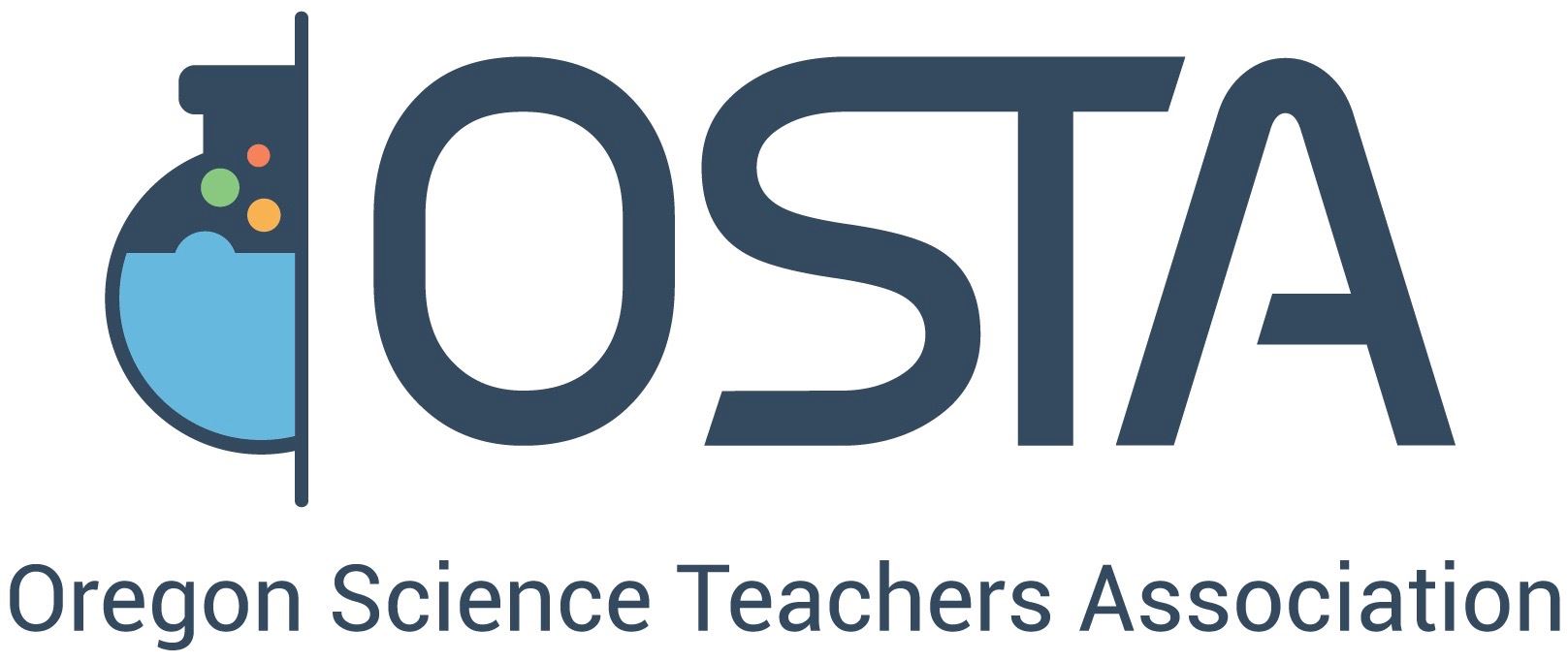NGSS Books |
The NGSS Playbook: The Instructional Leader's Guide to Implementing the Next Generation Science Standards
The NGSS Playbook is a must-have resource for any district or school leader as Oregon implements the Next Generation Science Standards! Learn how to be an effective instructional leader throughout the implementation so that you can support teachers in your building. You will learn about the standards and the instructional shifts they demand, the rich connections with Common Core State Standards in English Language Arts and Math, and how to identify effective instructional strategies for equity. The NGSS Playbook was created by a group of science, math, and STEM TOSAs, teachers, and coordinators from districts throughout the Willamette Valley with a passion for developing students' curiosity, ability to think critically, engage in argument from evidence, and design solutions to community-based problems. All attendees will receive a copy of the NGSS Playbook.
A Framework for K-12 Science Education
Guide to Implementing the Next Generation Science Standards
This guide provides guidance to district and school leaders and teachers charged with developing a plan and implementing the NGSS as they change their curriculum, instruction, professional learning, policies, and assessment to align with the new standards. For each of these elements, this report lays out recommendations for action around key issues and cautions about potential pitfalls. Coordinating changes in these aspects of the education system is challenging. As a foundation for that process, Guide to Implementing the Next Generation Science Standards identifies some overarching principles that should guide the planning and implementation process.
Ready, Set, SCIENCE!
Developing Assessments for the NGSS
Developing Assessments for the Next Generation Science Standards makes the case that a science assessment system that meets the Framework's vision should consist of assessments designed to support classroom instruction, assessments designed to monitor science learning on a broader scale, and indicators designed to track opportunity to learn. New standards for science education make clear that new modes of assessment designed to measure the integrated learning they promote are essential. The recommendations of this report will be key to making sure that the dramatic changes in curriculum and instruction signaled by Framework and the NGSS reduce inequities in science education and raise the level of science education for all students.
Literacy for Science: Exploring the Intersection of the Next Generation Science Standards and Common Core for ELA Standards
Research on Science Learning:
Taking Science To School: Learning and Teaching in Grades K-8
The book provides a detailed examination of how we know what we know about children's learning of science--about the role of research and evidence. This book will be an essential resource for everyone involved in K-8 science education--teachers, principals, boards of education, teacher education providers and accreditors, education researchers, federal education agencies, and state and federal policy makers. It will also be a useful guide for parents and others interested in how children learn.
Science in the Early Years
Math in the Early Years
Courses
Real Solutions for NGSS Science Teaching, taught by Bryan Rebar, PhD, translates the Next Generation Science Standards for K-12 teachers into easy-to-understand, bite sized pieces, and provides guidance to adapt your current lesson plans to meet the vision of the new standards. You have access to 20 hours of content that is interactive and includes videos, readings, learning activities and self-assessment. In addition, you will receive online collaboration and coaching through a discussion board and webinars with the instructor.
Modules include:
Module 1: Introduction to the Three Dimensions of Science Learning
Module 2: Students as Scientists
Module 3: Strategies and Solutions for NGSS for All Audiences
Module 4: NGSS Across the Curriculum – Connecting with Other Disciplines
If you’d like to get a feel for our program, we have a free trial you can register for at http://realsolutions.uoregon.edu/.
If you have any questions or want to find out about group discounts, please call Wendy Morgan, Program Development Manager, at 541-356-0426 or email her at wdm@uoregon.edu.

